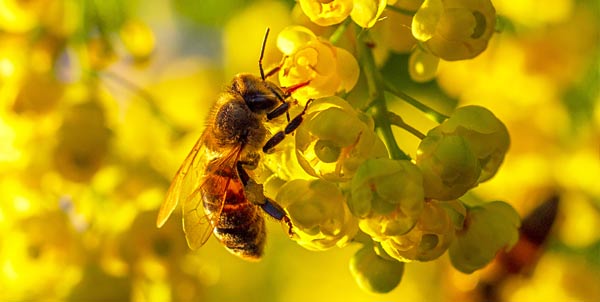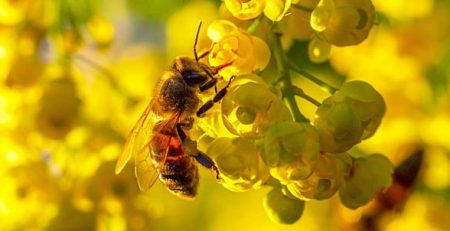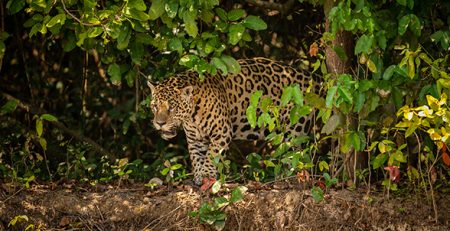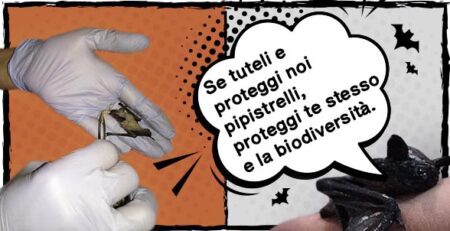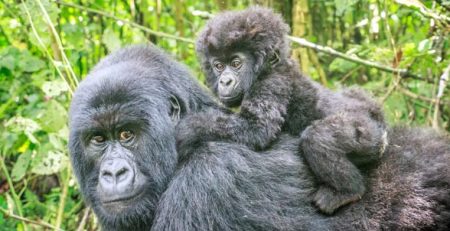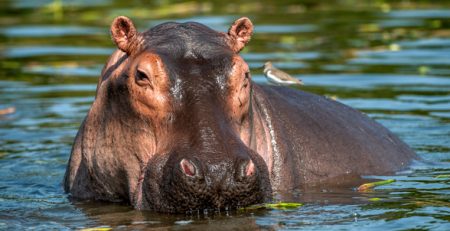Who are bees and what is their role in the ecosystem
Bees are insects belonging to the order Hymenoptera and play a crucial role in plant pollination.
Without bees, many of the fruits and vegetables we know could not exist.
It is estimated that about one-third of the food we consume is directly or indirectly related to pollination by these industrious insects.
But that’s not all: their work also helps maintain biodiversity, ensuring the survival of many plant and animal species.
Unfortunately, bees are facing a serious and growing crisis.
Why bees are endangered
The main causes of their decline include the use of toxic pesticides, habitat loss due to intensive agriculture, climate change and disease.
All factors that affect their survival and cause their demise.
Pesticides, in particular, have been linked to neurological damage in bees, impairing their ability to navigate and gather food.
In addition, monoculture, which characterizes many modern agricultural practices, reduces the variety of flowers available to these insects, forcing them to seek food farther from home and increasing stress.
What would happen if bees went extinct
A world without bees would be a disaster for all of us.
If they were to become extinct, it would result in a collapse of food chains.
In fact, many insect-pollinated plants would fail to reproduce, leading to a drastic reduction in biodiversity.
How many bees are left in the world
Determining the exact number is complicated, but estimates suggest that there are about 20,000 different species of bees.
However, many of these species are hitting a steep decline.
For example, in the United States, honey bee populations, which is the most common, are estimated to have declined by about 30 percent in recent years.
What is certain is that their decrease represents an ominous warning sign.
What Einstein said about bees
Albert Einstein, one of the greatest scientists in history, once said, “If bees disappeared from the earth, man would only have four years of life left.”
This sentence reflects the gravity of the situation.
The idea behind this statement is simple: without bees and other pollinators, many of our basic foods would no longer be available.
Although this may sound like a dramatic statement, it highlights the vital connection between bees and our food supply.
What we can do to prevent bee extinction
There are various things we can do to protect them:
– Plant flowers that bloom in different seasons to attract them;
– Avoid chemical pesticides and use natural methods of pest control;
– Support beekeeping by purchasing local products from beekeepers who follow sustainable practices;
– Create habitats such as gardens and green areas where bees can find food and shelter.
The date of May 20: a non-random choice
The day is celebrated in more than 100 nations around the world, and the choice of date é is not random.
While in the Northern Hemisphere May is the central month for pollination, in the Southern Hemisphere it corresponds to the production of honey and then the processing of its derivatives.
A special mention goes to Slovenia and in particular of the Slovenian Beekeepers Federation, which urged the UN for official recognition of the day.
The Slovenian government, which has always been at the forefront of the fight to protect bees, became the first country in 2011 to ban the use of pesticides in the country.
In Slovenia, beekeeping is deeply rooted in the local culture: it is estimated that for every 10,000 Slovenians, 200 have a beekeeping business.
Each beekeeper customizes his or her wooden hive with motifs typical of Slovenian folklore.
So, we just have to take an example from Slovenia.

